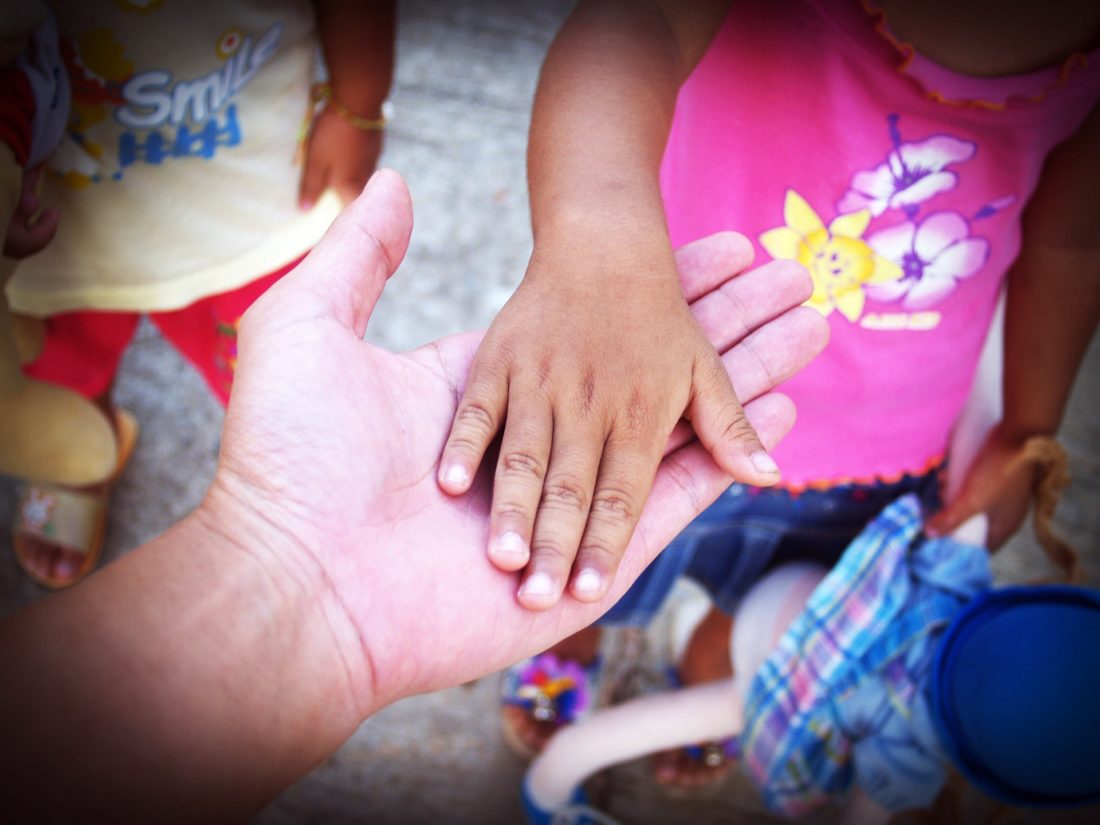In Europe, approximately 30 million people with rare diseases face unequal job opportunities, inadequate access to social services or healthcare, discrimination and may have a poor quality of life.
The European Organisation for Rare Diseases (EURORDIS) hopes to change the lives of those affected. Last Friday, the non-governmental organization released a position paper calling for all stakeholders within the health and social sector to provide holistic care for all those affected by rare diseases in Europe by 2030.
“Patient care for rare diseases in most European countries is sub-standard,” said Will Maier, Chief Scientific Officer and Head of Rare Disease Research, Commercialisation & Outcomes at ICON plc, a clinical research organization, in an email to Xtalks. “The EURORDIS vision recognizes this and is putting forth an ambitious plan for addressing some of these problems.”
Holistic care embodies health, social and day-to-day needs of people living with a condition or disease. A holistic approach to treating depression might involve taking anti-depressants, improving diet and exercise and engaging in group therapy. The burden of depression has led to several federal policies that improve care, services, research and support to those affected.
According to EURORDIS, about 7 in 10 affected individuals or caregivers stop working or work fewer hours as a result of rare disease. Their lives could be improved if programs and services similar to those available for people living with mental health disorders are made available to those living with rare diseases.
“This position has been developed with our members and is based on the everyday experiences of people living with a rare disease and their families,” said Raquel Castro, Social Policy Director of EURORDIS in a press release. “Our ambition is to have holistic care provided to all by 2030. With this position paper, we aim to inspire a process that ensures people living with a rare disease have access to such care.”
While many countries have plans in motion to support rare disease research and drug development, few have adopted a holistic approach. According to a 2018 review, 23 countries have some form of policy, legislation, plan, strategy or program in place that addresses rare diseases. In Europe, the only comprehensive national plan is implemented by France.
EURORDIS members made 10 recommendations built on three pillars to reach their 2030 goal. Most of their recommendations called on policymakers to develop and implement laws, policies and programs to ensure those living with rare diseases have meaningful and equitable engagement with society. To realize these goals, the organization suggests greater communication with those living with rare diseases, training more professionals to address health and social needs, improved data sharing and adequate funding.
“Clinicians, scientists and clinical researchers have a critical role to play by improving the overall understanding of the existence of rare disease and the continued development of new and improved ways to treat these patients,” Maier continued. “The development of orphan drug legislation in Europe and the US has resulted in a massive increase in the development of new treatments and procedures for patients with rare disease. This increase has also expanded our scientific understanding of many basic disease processes resulting in improved approaches for non-rare disease and a greater benefit to all patients.”
With these goals in mind, what’s left is the strategy. Budgets are cited as a significant barrier to implementing national plans for rare diseases, particularly if nationwide policy changes are intended to serve a small population. Moreover, a poor understanding of the rare diseases and few effective treatments available could mean other health, social and economic disparities that have not been accounted for.
“The recommendations which relate to increasing care and social support for people with rare disease are likely to be most difficult to implement due to the ongoing health care budget crises in most European countries,” said Maier. “These require countries to make decisions about how to spend money on rare disease populations that are small and poorly understood in competition to larger population concerns such and care for aging populations and cancer.”
Despite these hurdles, with the coordinated efforts of EU member states, international collaborators and other stakeholders involved, individuals affected by rare diseases could soon have access to more comprehensive care.












Join or login to leave a comment
JOIN LOGIN